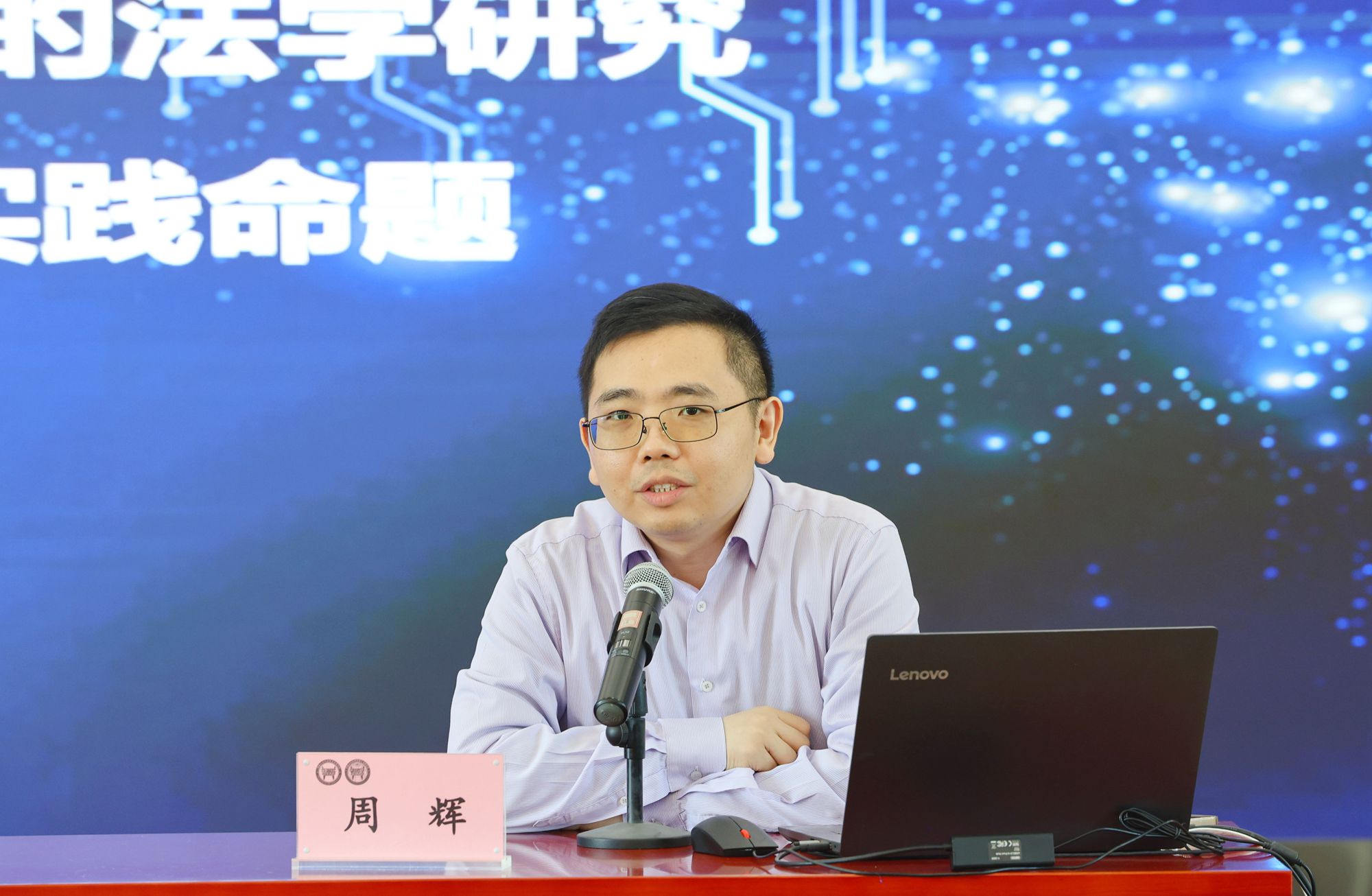
Abstract: The systematic construction of cyberspace and information law in China serves as the logical basis for promoting the establishment of China’s independent knowledge systems, unifying nomenclature, aligning with the trajectory of China’s rule of law development, and advancing the cultivation of specialized talents. China's cyberspace and information legal system constitutes the practical foundation and research focus of this discipline, having now formed a pillar framework comprising network law, digital law, intelligence law, and information law. The fundamental theories of cyberspace and information law propel the evolution of legal relationship theory through the characteristics of novel subjects, new types of objects, and emerging content, imbuing traditional legal propositions with new connotations while developing core categories of the discipline. In terms of research paradigms, it coordinates legal norms with platform regulation, integrates the rule of law thinking with internet thinking, digital thinking, and artificial intelligence thinking, emphasizes both qualitative value analysis and quantitative data modeling, and advances agile responsiveness alongside effective shaping of cyberspace and information rule of law practices, upholding integrity while innovating through drawing on global experience. Cyberspace and information law has evolved from a domain-specific law into an independent, new secondary legal discipline characterized by shaping its core category and safeguarding the development of new-quality productive forces as its contemporary mission. It belongs to an emerging and interdisciplinary field possessing both global perspectives and Chinese characteristics. In the future, efforts should be focused on further refining fundamental theories, improving institutional frameworks, innovating research paradigms, and strengthening international exchanges, so as to better construct the discipline's independent knowledge systems.
Keywords: cyberspace and information law; independent knowledge systems; network law; digital law; intelligence law
Author: Zhou Hui, associate research fellow, CASS Institute of Law;
Source: 5 (2025) Science of Law (Journal of Northwest University of Political Science and Law).



